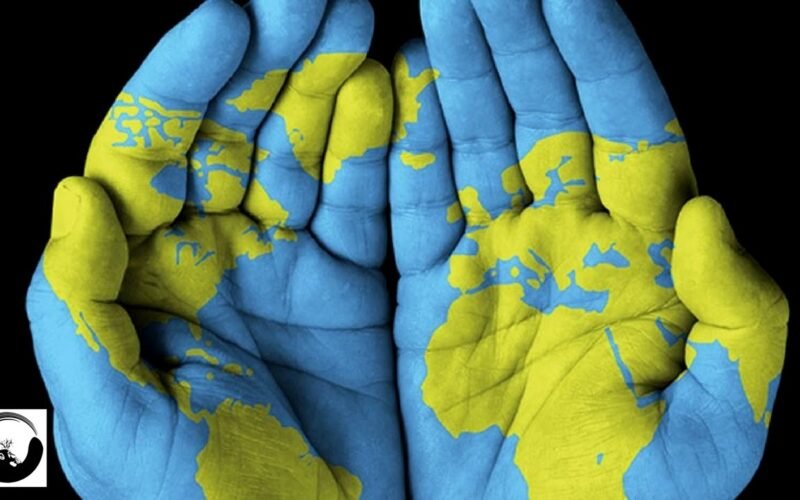There are a lot of different thoughts on why we believe what we believe. Some says it’s due to our biology, others due to how we were raised, and even some that might say it is our destiny to believe whatever it is we believe. But if you look at it geographically, it’s interesting to think about the predictability about a persons belief system based on their geographical upbringing.
If you liked the video please give it a thumbs up and subscribe!
Subscribe: https://www.youtube.com/thoughtmonkeyHQ?sub_confirmation=1
Instagram: https://www.instagram.com/thoughtmonkeyHQ/
Music Credit:
Gorila – Akaido
https://www.youtube.com/watch?v=-Gj-yyJHYoQ
Script:
Have you ever stopped to think why you believe what you believe? Well if you’re like me, you think about that shit every day and it gets kind of annoying.
Anyways, when I was younger, I blindly believed whatever it was I was taught by my parents and teachers – which is something most of us do and that scientists have found is in our biology. I never stopped to think I might be wrong, or that another person’s view might be right. It was only after being introduced to the ideas of eastern philosophy and religion, and meeting various Christians and Muslims that my mind started to open to the possibility that my rigidly held beliefs might be wrong.
Thought Monkey here. Today we’ll explore the why of our beliefs. Not why they are right or wrong, but why we believe them in the first place.
Weeks ago I was listening to the Joe Rogan podcast and an interesting idea popped up in the discussion that Rogan was having with his guest. It was the idea that most people believe what they believe based on the geography of where they grew up. So for example if you grow up in a particular part of India, nine times out of ten you’ll believe whatever beliefs that the people in that part of India believe. Likewise if you grow up along the Bible belt of the United States south, you are more likely to practice a form of evangelical Protestantism than a person who grew up in the ultra-progressive Bay Area of California. The same could be said of any kind of beliefs, whether religious, political, or simply your beliefs about what you should eat for breakfast or when you should drop the kids off at the pool.
While our biology craves belief – as without it we’d lose our sense of belongingness –our beliefs largely come from our environment. You see it is the combination between our biology and geography that largely dictate what we believe. And it is often only through exposure to different beliefs that one can start to think about changing her or his own beliefs. So when you or I say or think that this person is wrong or crazy because he or she believes in something called Allah, she or he might be thinking the same thing about us and our beliefs. It is only when you can understand that people believe what they believe based on their experiences in life which largely come from the places they grew up, that you can start to accept the fact that you too are a product of your experiences and your geography – which is probably why you believe what you believe.
In the west where objectiveness is highly valued, we often feel we are more logical than other places in the world. Despite this, something we all do, whether from the western world or not, is engage in bias. Bias is easy to understand, but hard to perceive in ourselves. It’s an assumption, belief, conclusion, decision, or emotion that changes our perception and limits our choices for responding to an experience. There are at least 75 types of biases that psychologists have studied. One of the most common is something called confirmation bias which is when we find evidence that support our beliefs while discounting any evidence that goes against our beliefs. You can see this is modern day politics where many republicans around the U.S. have refused to believe that climate change is actually happening despite the overwhelming amount of evidence that supports such a view and the fact that 99% of scientists agree with that belief and the fact that the east coast of Florida is slowly disappearing into the ocean. There is some evidence that shows that one reason we may stick with our beliefs is that we have to consume extra energy to rewire the neurons in our brains when we change that way we think. In other words – those who refuse to change their beliefs – may make that choice simply out of neurological laziness.
So it seems that our beliefs start with our biology, develop due to our geography, and stay put because of laziness or maybe even fear. Life is short though. Why spend all your time thinking about beliefs or trying to rewire your brain just to change your beliefs? Just go out and do you. Your beliefs really only affect you and the other people living on this planet. Oh and probably the planet too. No biggie – just live baby.



